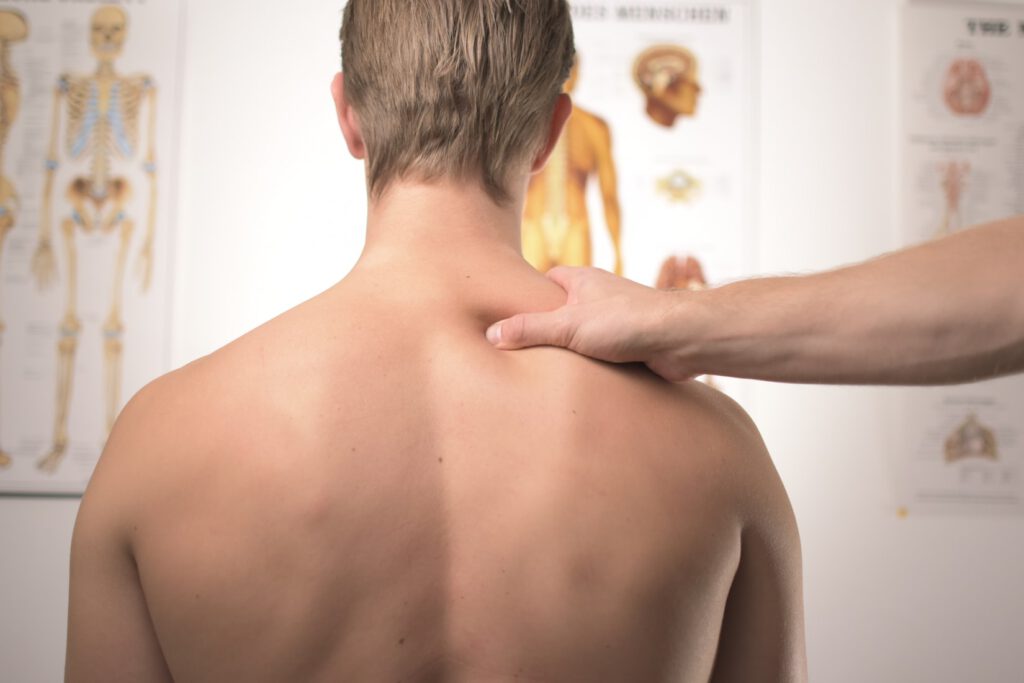Autoimmune Arthritis? Which kind are you?

Rheumatoid Arthritis affects about 1.5 million Americans in the United States; nearly three times as many women have the disease compared to men. In women, Rheumatoid Arthritis usually begins between the ages of 30 and 60. In men, it often occurs later in life. Lucky them!
Rheumatoid arthritis (RA) is the most common type of autoimmune arthritis. Rheumatoid Arthritis is caused when the immune system is not working properly and mistakenly attacks the joints. This creates inflammation that causes the tissue that lines the inside of the joints to thicken. This results in swelling and pain in and around the joints. When the inflammation goes unchecked it can damage cartilage and the bones themselves. Over time, the cartilage loss and joint space narrowing lead to loose, painful and unstable joints. Rheumatoid Arthritis commonly affects the joints of the hands, feet, wrists, elbows, knees, and ankles. We want to address the inflammation very specifically as this can vary from person to person even though there is a common theme.
Other signs and symptoms of Rheumatoid Arthritis can include:
- loss of energy
- low fevers
- loss of appetite
- dry eyes and mouth
I find this type of arthritis fascinating for 3 different reasons:
- Hormones can be involved. Women will often have onset during pregnancy and perimenopause. Hormones seem to influence this type of arthritis in women. There are blood tests that we can specifically do to address hormonal imbalances to help in this area.
- It’s sneaky! There is a form of Rheumatoid Arthritis that affects 30% of RA patients called Seronegative arthritis. They will often be discounted by doctors because RF (the most common test will be negative) a special test is needed to diagnose patients because of this. Often what happens is the Rheumatoid Factor shows up negative but there are still strong symptoms of this in the patient. This is when we need to investigate Seronegative Rheumatoid arthritis.
- Joint problems are sometimes masked. So many people take an anti-inflammatory medication the moment that they are in pain. Often the damage has been done before the diagnosis is made. Once your joint shape has changed, there is no turning back sadly. You CAN stop the changes to your bone, but not reverse it.
Our clinic loves, loves, loves to treat patients with Rheumatoid Arthritis! Sometimes just changing your diet changes the way you feel. It seems like a simple fix but there are often other factors involved. We will often use a combination of IV therapy, specialized anti-inflammatory diets, nutrition supplements and sometimes we use medication to help manage pain. For example a LDN (low dose naltrexone). It is our job to help you figure out the right treatment. If you are already on medication, or not sure what you have, we can help you formulate a strategy to get what you need to live an active, healthy life!
